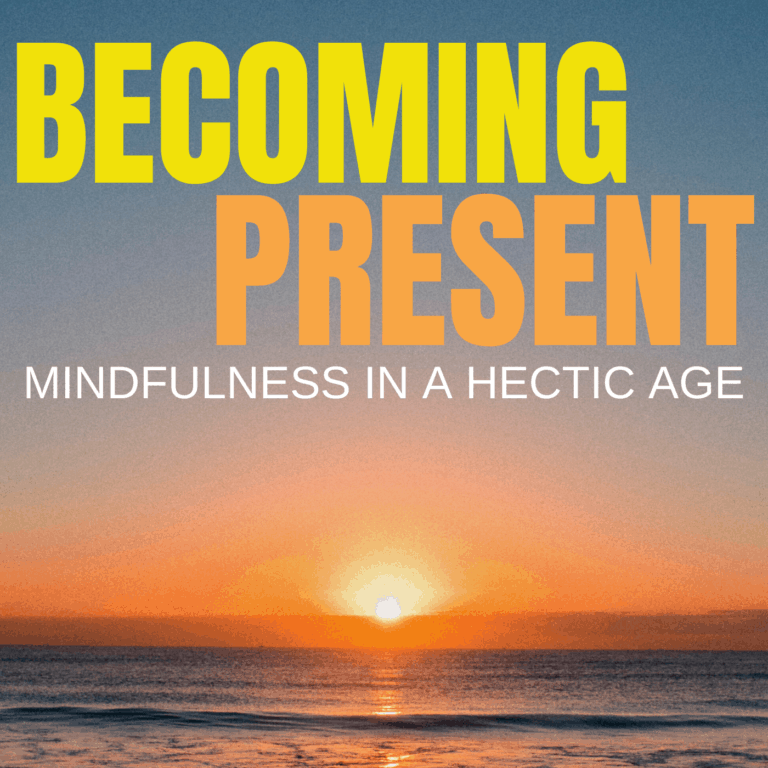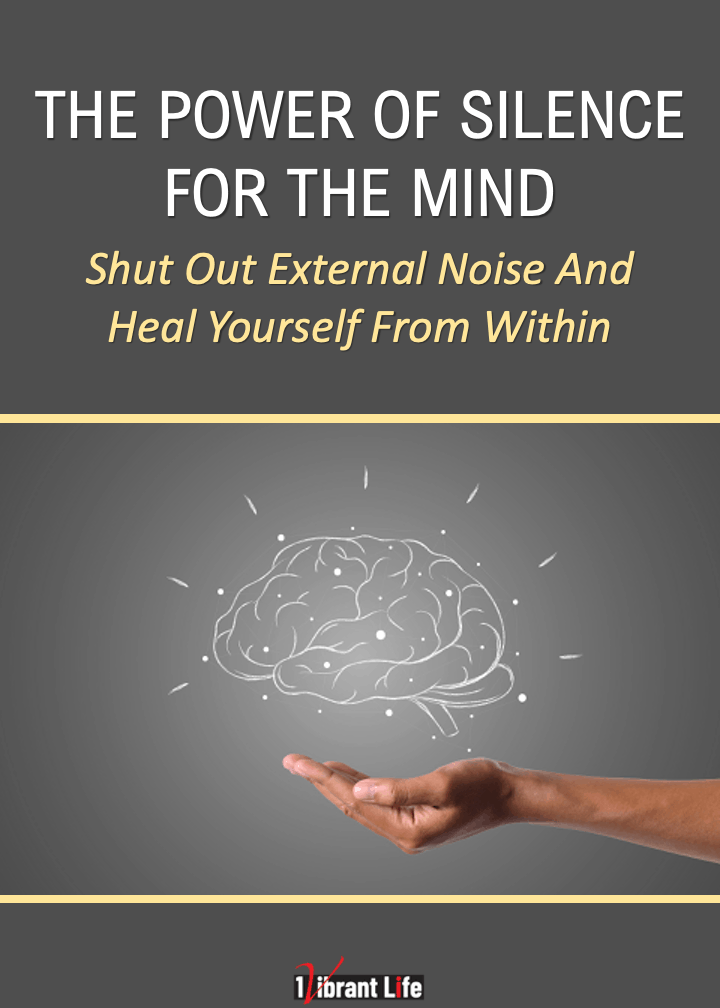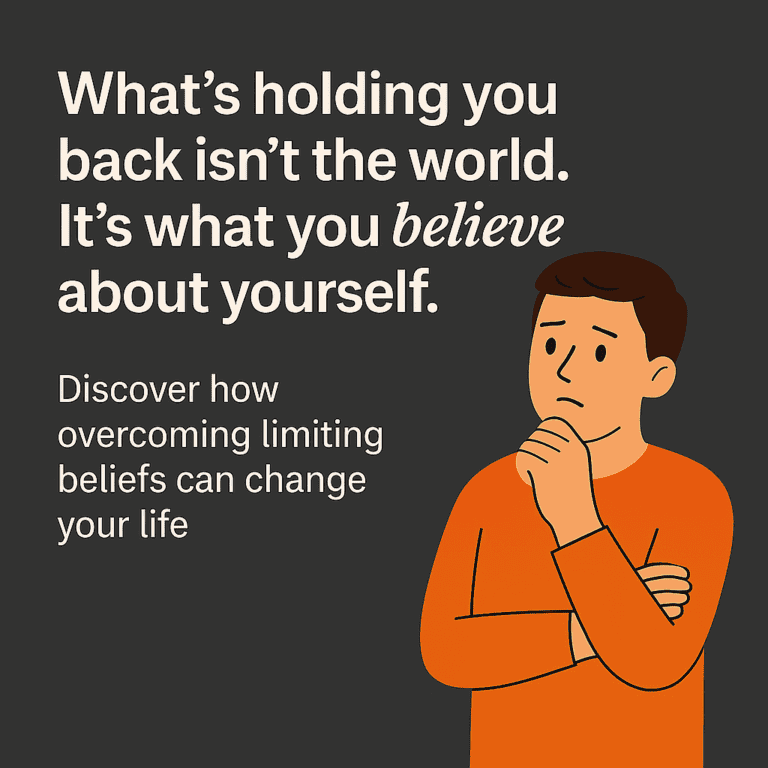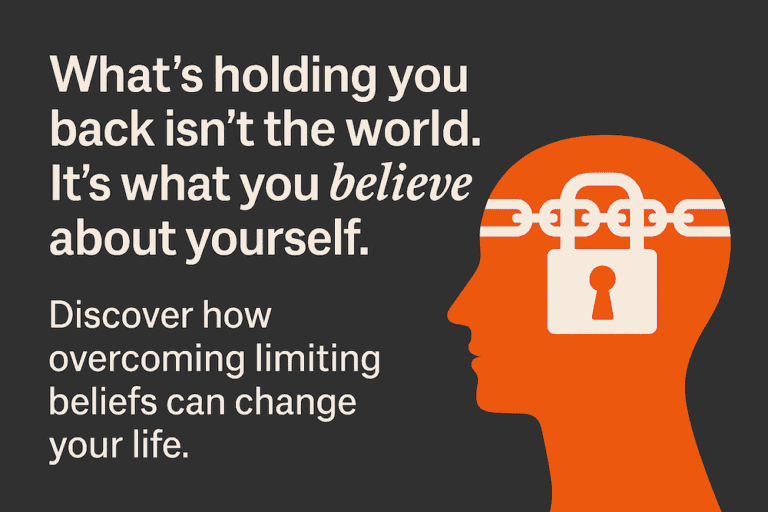Being Yourself: Stop Pretending To Be Someone You're Not
Pretending to be someone you’re not is most often a response to an overwhelming feeling of insecurity with letting people see who you truly are. It’s an attempt at overcoming what is misguided thinking that the real you is somehow not worthy. When, in fact, you are unique and no one else can be WHO YOU ARE. That you alone are unique to the world.
The best way to move forward is to become more comfortable with who you are and be yourself—becoming more confident and exposing the real you to the world. Pretending to be someone you’re not can be an exhausting waste of all of the amazing talents you alone have to offer.

“Be yourself; everyone else is already taken.” ~ Oscar Wilde
1-Vibrant-Life editorial team | July 18, 2021
A Therapist’s Perspective On Pretending To Be Someone Your Not.
That age-old advice to “be yourself” is deceptively simple. Being yourself is a lifetime’s work of discovery and courage, stepping out from behind your fear of not being good enough.
The various masks you’ve learned to wear are designed to protect you from the fear of being yourself. Yet, pretending to be someone you’re not comes at a cost. Exhaustion from relentless acting prompts many people to seek therapy in a brave attempt to get better at being themselves.
In this blog, there’s plenty of wise advice about how to grow in self-awareness and acceptance of the truth that you are the very best and only person who can truly be you.
Why Do People Pretend To Be Someone They’re Not?
Have you ever started pretending to be someone you’re not? We’ve all experienced pressure to do just that.
Sometimes it can be for positive reasons: for example, you’ve probably heard the advice to “dress for the job you want.”
Maybe you’re just trying on aspects of identity in an attempt to figure out who you are.
Even the great philosophers, theologians, psychologists suggested that people are better at being themselves, as pointed out in an article published in 2019 by Katrina P. Jongman-Sereno, Mark R. Leary, The Enigma of Being Yourself: A Critical Examination of the Concept of Authenticity;
“At least since the time of ancient Greece, a broad variety of philosophers, theologians, psychologists, and other writers have advocated that people should live congruently with who they are and what they are like, as reflected in adages such as “to thine own self be true,” “dare to be yourself,” and “march to the beat of your own drummer.”
Maybe it’s an attempt to meet society’s expectations about what you’re supposed to look like and how you’re supposed to behave, based on your gender or other aspects of your identity.
Ultimately, pretending to be someone you’re not is lying to others, and perhaps even to yourself, about who you are.
That’s simply unsustainable, and it can lead to more insecurities, depression, and anxiety.
Figuring out who you are and being true to yourself is integral to living a happy, fulfilling life.

eBook

Audio eBook

eBook
Three personal growth tools for you as a gift for visiting 1VibrantLife.com
What Are The Benefits Of Being True To Yourself?
People who pretend to be someone they’re not are often worried that the world won’t accept them as they are.
If you’re used to presenting a false persona, it may be difficult for you to imagine an accepting and welcoming world.
Take a minute to think about how freeing it would be to stop pretending.
What would you be able to do if you weren’t worrying all the time about how people perceive you? To feel comfortable in your own skin?
In her article in Scientific America, The Inconvenient Truth about Your “Authentic” Self, in March of 2020, Jennifer Beer, professor of psychology at the University of Texas, Austin. Writes,
‘Studies have even shown that feelings of authenticity can go hand in hand with numerous psychological and social benefits: higher self-esteem, greater well-being, better romantic relationships, and enhanced work performance.”
Do you want to build and sustain real genuine relationships?
Well, that comes from being your genuine, authentic self.
There are people out there who will accept you for who you are, flaws and all, but you can’t find them until you accept yourself and let others see the real you.
How Do You Stop Trying To Be Someone You’re Not?
It’s something most of us have dreamed of at one point or another: wanting to be someone else, or at least have the life someone else has.
In this age of social media, it’s easier than ever to compare ourselves with other people who seem to be much better off.
Of course, we know that we only see a curated view of their lives, and yet we still can’t help but wish for something we don’t have.
If you’ve been denying your true self for a while, it can be hard to start being yourself.
Here are four things to practice as you work on being your authentic self. Continued…

1. Accepting Your Flaws
We all have flaws. Sometimes we try to escape them by being someone else, but we can’t keep that up.
No one is perfect. So, if you want to stop pretending to be someone else, the best place to start is by working on accepting the reality of who you are.
Of course, accepting your flaws doesn’t mean that you can’t work on them.
Martha Beck wrote in her article on her Oprah.com post, The One Action You Must Take to Get on the Path to Lasting Happiness, about denying our own flaws,
“Of course, avoiding reality doesn’t keep us truly ignorant—just vague. We try to blur the lines just enough to make our flaws effectively invisible, but on some level, we’re still aware that they’re there. We let ourselves know just enough to know that we don’t want to know. Psychologists call this denial.”
Striving to be the best possible version of yourself is always a good goal, but it’s essential to retain your authenticity along the way.
Writing things down is an excellent way to find clarity.
What are you insecure about?
What do you consider your flaws?
Make a list, and then take some time to consider each one. Do you really need the things that you don’t have?
What problems are your so-called “flaws” actually causing?
Remember that being someone you’re not won’t change who you are.
What is all this pretending costing you?
If your flaws seem insurmountable, and you just don’t know how to be happy as yourself, remember that you’re not alone.
No matter what you’re going through, there are people out there dealing with similar issues and finding a way through.
Talking to a mental health professional, finding an online group, or simply having a heart-to-heart with a close friend can help you see that you’re not alone.
2. Loving Yourself
While validation from others feels great, accepting and loving yourself is the real key to finding happiness in your life.
Having a solid support system in the form of friends and family is essential, but loving yourself will help you build and maintain those vital relationships.
A constant stream of self-criticism will wear you down.
On Sharon Martin’s blog, https://www.livewellwithsharonmartin.com/ She writes in her post, How to Love Yourself: 22 Simple Ideas,
“For various reasons, many of us find it easier to love others than to love ourselves. Sometimes we’re truly quite awful to ourselves. We subject ourselves to a harsh inner critic, unhealthy relationships, toxic substances, and self-mutilation. I know how easy it is to dwell on your own perceived inadequacies.”
If you’re telling yourself that your only option is to pretend to be someone else, of course, you’ll criticize yourself when you can’t do that because none of us can.
It’s time to change that story.
Take note of your accomplishments, no matter the size, and take a moment to practice gratitude.
It’s all too easy to only pay attention to the things we perceive as failures, ignoring all the things that we do achieve.
If you take the time to recognize your skills and everything you do each day, you’ll begin to realize that you, like yourself, have plenty to offer all on your own.
3. Practicing Self-Improvement
Once you’ve started to accept who you are, flaws and all, and love yourself for all you have to offer, you can start working on being the person you truly want to be.
When you’re uncertain of who you really are, you may end up pretending to be someone you’re not in the process of figuring that out.
It may seem like a shortcut to model yourself off someone else, but you won’t be happy with the results unless you take the time to develop your own tastes and hobbies.
There’s nothing wrong with drawing inspiration from others. If there’s someone you admire, take some time to write down what exactly it is about them that you like.
Perhaps there’s something about their personal style that you like, or they have a skill that you appreciate.
If you want to try out a new look or learn a new skill, go for it!
You don’t have to become a carbon copy of someone else, but you can take inspiration from anywhere.
4. Keeping Your Own Counsel
If the people around you don’t support you when you’re being yourself, it’s easy to end up pretending to be someone else to try to obtain their approval.
It’s only natural to feel disappointed when someone doesn’t like you for one reason or another.
But it’s important to remember that you can’t please everyone, and it’s up to you how much other people’s opinions affect you.
While often the pressure to look or act a certain way comes from our own insecurities, it can also be outside pressure.
Societal expectations are placed on all of us, even from childhood, when certain colors, toys, and activities are for girls and others for boys.
While some people might rebel against these roles immediately, others feel the pressure to conform.
It can be even more challenging when this pressure comes from family or friends.
Sometimes pretending to be someone you’re not is a matter of survival, and there’s no fault in that.
But it can make it even harder to live authentically once you’re on your own.
Above all else, if you’re escaping a problematic situation be kind to yourself and focus on accepting yourself for who you are, regardless of what others have said or done.
Family and friends are essential, but they don’t honestly care about you if they don’t support you being yourself.
One way to practice loving yourself is to surround yourself with people who will love you for being yourself.

What Does It Mean To Be The Real You?
If you’re not sure what it even means to be the real you, this might all seem impossible. But there’s good news.
It’s not something you have to figure out all at once.
If you feel like you’re not living as your authentic self, you can begin to rediscover yourself bit by bit.
With the steps we’ve discussed above, you can learn how to appreciate yourself and be true to yourself.
As you learn to be more comfortable with being yourself, you’ll see so many benefits.
You’ll begin attracting the kinds of people you want in your life—people who appreciate who you are and can help you be the best version of yourself, rather than pressuring you into being someone you’re not.
You’ll discover what you love to do and your own personal sense of style.
And you’ll know how to find fulfillment and happiness in your life.

My Name is Marty Ward and I’m the creator and publisher of the 1-Vibrant-Life blog.
On March 8th, 1984, at the age of 26, I sustained a traumatic brain injury in a car accident while driving to my day job.
At the time of the accident, I was having a fairly successful life as a musician in Chicago, which included a recent appearance on Star Search 84′ with Ed McMahon and preparing to be included with the same group in a major independent recording contract.
After the accident, I was unable to perform or play my instrument for months and the group I had been in on Star Search had disbanded.
I was out of work, my musical career ripped out from under me, I’d lost all confidence and belief in myself, and my life was adrift with no real sense of direction.
However, my injury and my recovery led me down a path that included a great therapist, cognitive behavioral therapy, (CBT), continued self-improvement, and personal development, which gave me a newfound sense of hope and passion for life. Learn more about my story on the 1-vibrant-life about page.
CBTCP Certification (Cognitive Behavioral Therapy Certified Practitioner) | 10-16-2021 Certification From The Academy of Modern Applied Psychology, in The Transformative Science of Cognitive Behavioral Therapy, CBT

Claire Law is a UK-based Counsellor and Psychotherapist from Preston, Northern England. Claire became a therapist after a career of almost two decades of High School teaching experience. She’s also worked extensively in the Social Care and Charity Sectors, and as a Mental Health Advisor in Higher Education. Claire combines her current Psychotherapy practice with freelance writing on Mental Health, well-being, and Psychology topics. She has a passion for Social Justice and environmental causes.
Claire holds a degree from Nottingham University, a Post Graduate Certificate in Education from Leeds Trinity University College, and a Post Graduate Diploma in Integrative Psychotherapy from the University of Central Lancashire. She’s completed a wide range of extensive training and certifications in Domestic Abuse, Survivors of Sexual Abuse & Sexual Violence, Suicide and Self-Harm, Expressive Arts Therapy, Gender Variance, Online and Telephone Counselling and Polyvagal Regulation developed by Stephen Porges, a professor of psychiatry at the University of North Carolina and “Distinguished University Scientist” at Indiana University.



